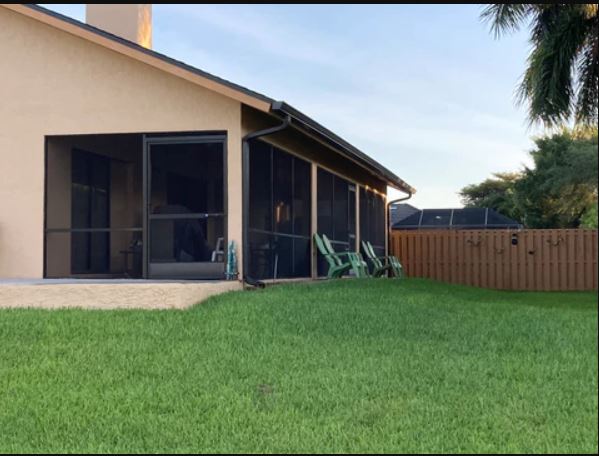Roof panels play a critical role in modern construction, offering a range of benefits including durability, energy efficiency, and aesthetic appeal. Whether you're considering roof panels for a new build or contemplating an upgrade to an existing structure, understanding the types and advantages of roof panels can guide your decision-making process.
What are Roof Panels?
Roof panels are prefabricated sections used in roofing systems. They are designed to cover and protect buildings from weather elements while providing insulation and structural support. Roof panels are typically composed of different materials such as metal, polycarbonate, fiberglass, or composite materials like insulated foam core laminated panels. These panels are manufactured in various sizes and thicknesses to suit different architectural and engineering requirements.
Benefits of Roof Panels
Durability: Roof panels are built to withstand harsh weather conditions, including wind, rain, snow, and extreme temperatures. Their durability often exceeds that of traditional roofing materials.
Energy Efficiency: Many roof panels are designed with insulation properties that can help regulate indoor temperatures, reducing heating and cooling costs.
Quick Installation: Since roof panels are prefabricated, installation is typically faster compared to traditional roofing methods. This can result in lower labor costs and quicker project completion.
Variety of Options: Roof panels come in various styles, colors, and materials, allowing for customization to match the aesthetic of the building.
Low Maintenance: Once installed, roof panels generally require minimal maintenance over their lifespan, reducing ongoing upkeep expenses.
Types of Roof Panels
Metal Roof Panels:
Standing Seam: These panels have raised seams that interlock, providing excellent water resistance and a sleek appearance.
Corrugated Metal: Known for their strength and lightweight nature, corrugated metal panels are commonly used in industrial and agricultural settings.
Metal Shingles: Mimicking the look of traditional roofing materials like slate or wood, metal shingles offer durability and a variety of design options.
Polycarbonate Roof Panels:
Translucent: These panels allow natural light to enter the building while blocking harmful UV rays. They are popular in greenhouses and sunrooms.
Multiwall: Designed with multiple layers for enhanced insulation, multiwall polycarbonate panels are ideal for applications requiring thermal efficiency.
Fiberglass Roof Panels:
Flat Fiberglass: Lightweight and easy to install, flat fiberglass panels are used in residential and commercial roofing applications.
Skylights: Fiberglass skylight panels are used to bring natural light into interior spaces while maintaining weather resistance.
Composite Roof Panels:
Insulated Panels: These panels consist of an insulated foam core sandwiched between two layers of material, providing superior thermal performance and structural strength.
Structural Insulated Panels (SIPs): SIPs are composite panels used for walls and roofs, offering high energy efficiency and structural integrity.
Choosing the Right Roof Panels
When selecting roof panels for a project, consider the following factors:
Climate: Choose panels that can withstand the local climate conditions, including temperature fluctuations and precipitation.
Building Design: Match the panels to the architectural style and aesthetic preferences of the building.
Energy Efficiency: Opt for panels with appropriate insulation properties to enhance energy efficiency.
Budget: Evaluate the upfront and long-term costs associated with different types of roof panels, including installation and maintenance expenses.
Conclusion
Roof panels are a versatile and practical choice for modern construction projects, offering durability, energy efficiency, and design flexibility. By understanding the various types and benefits of roof panels, you can make informed decisions that meet both your functional and aesthetic requirements. Whether you're building a new structure or upgrading an existing one, roof panels can provide the performance and longevity needed to enhance the value and comfort of your building.
By exploring the diverse options available in roof panels, you can discover the ideal solution for your roofing needs, ensuring a resilient and visually appealing result that stands the test of time.





Comments